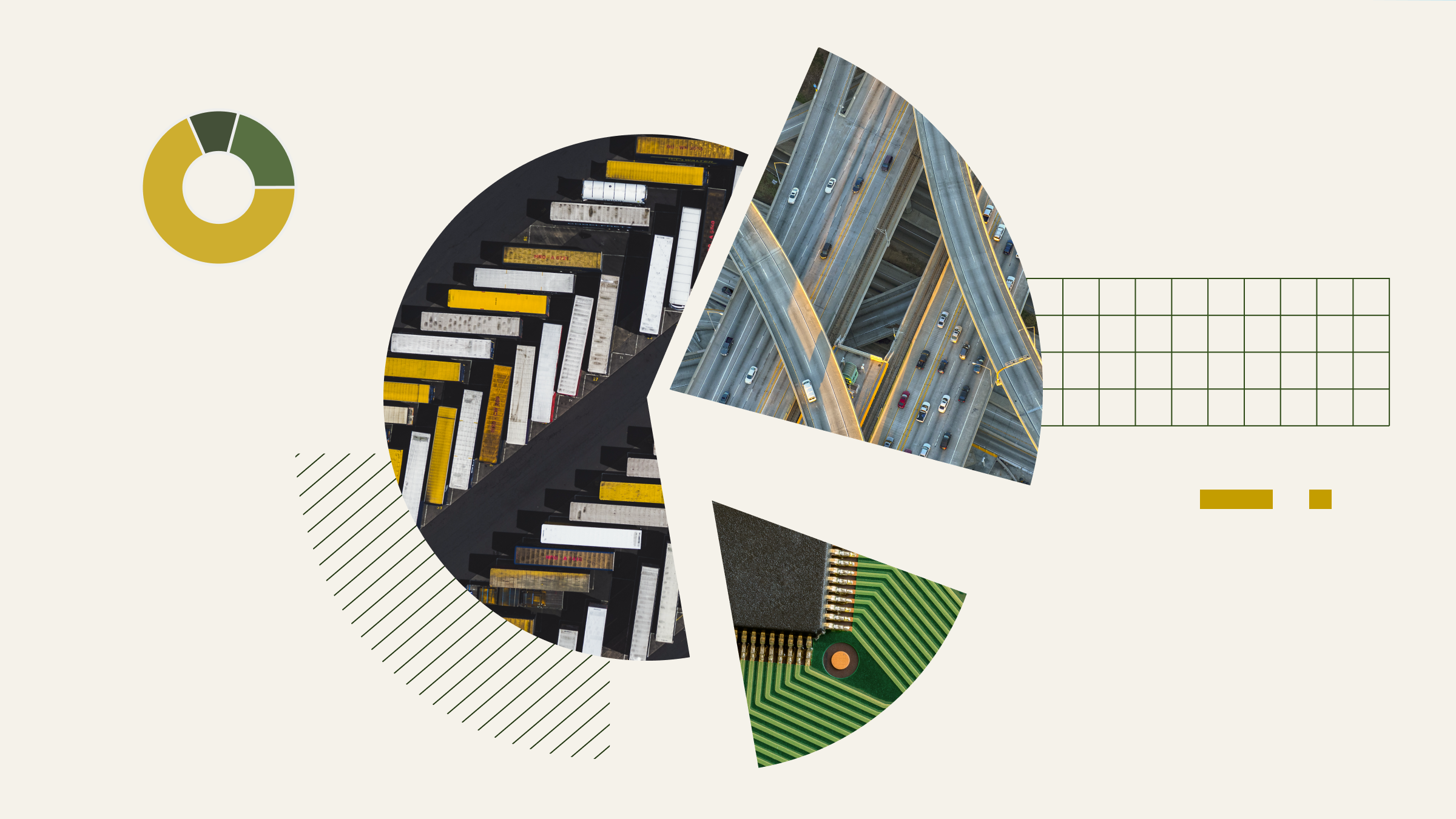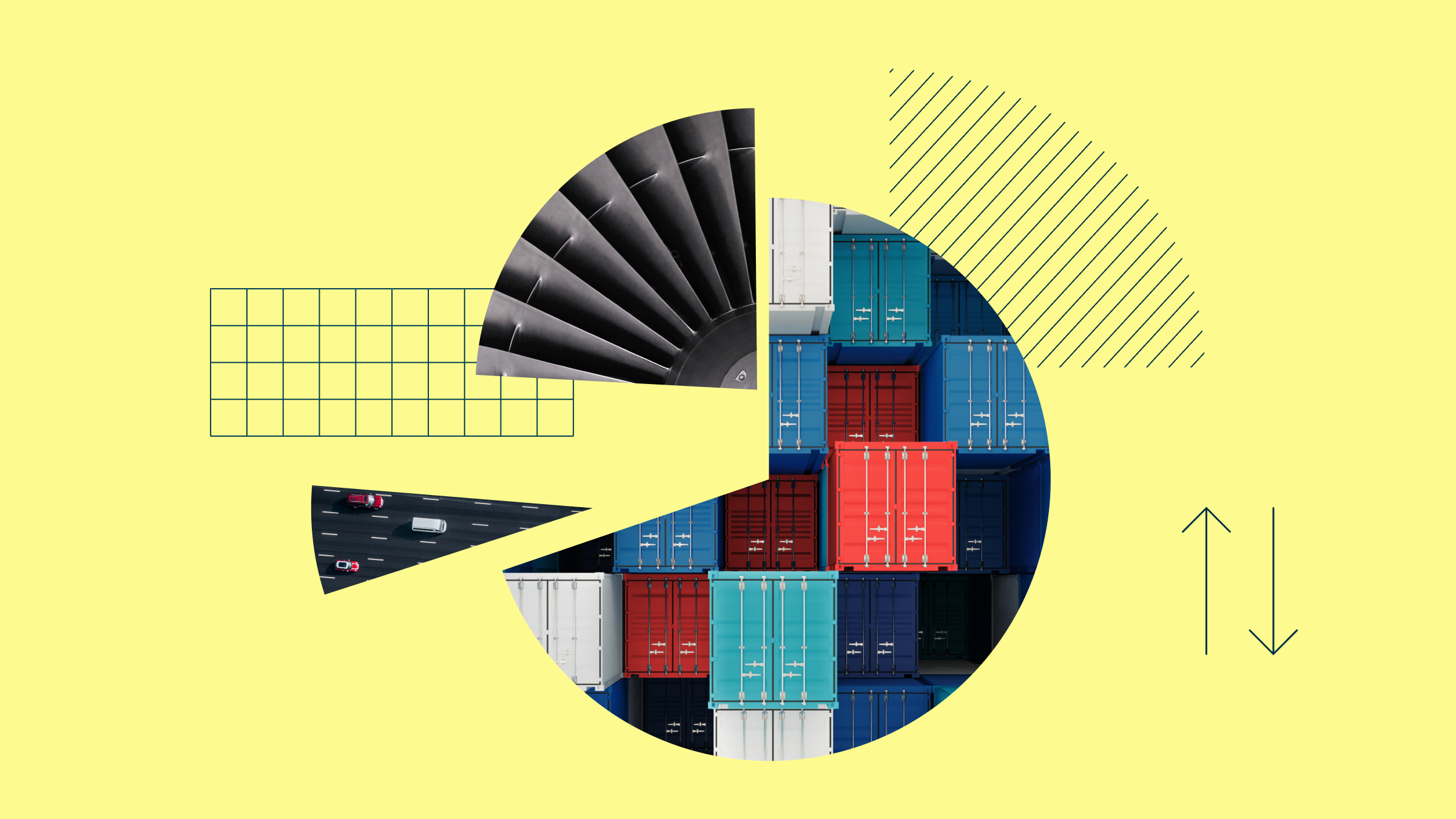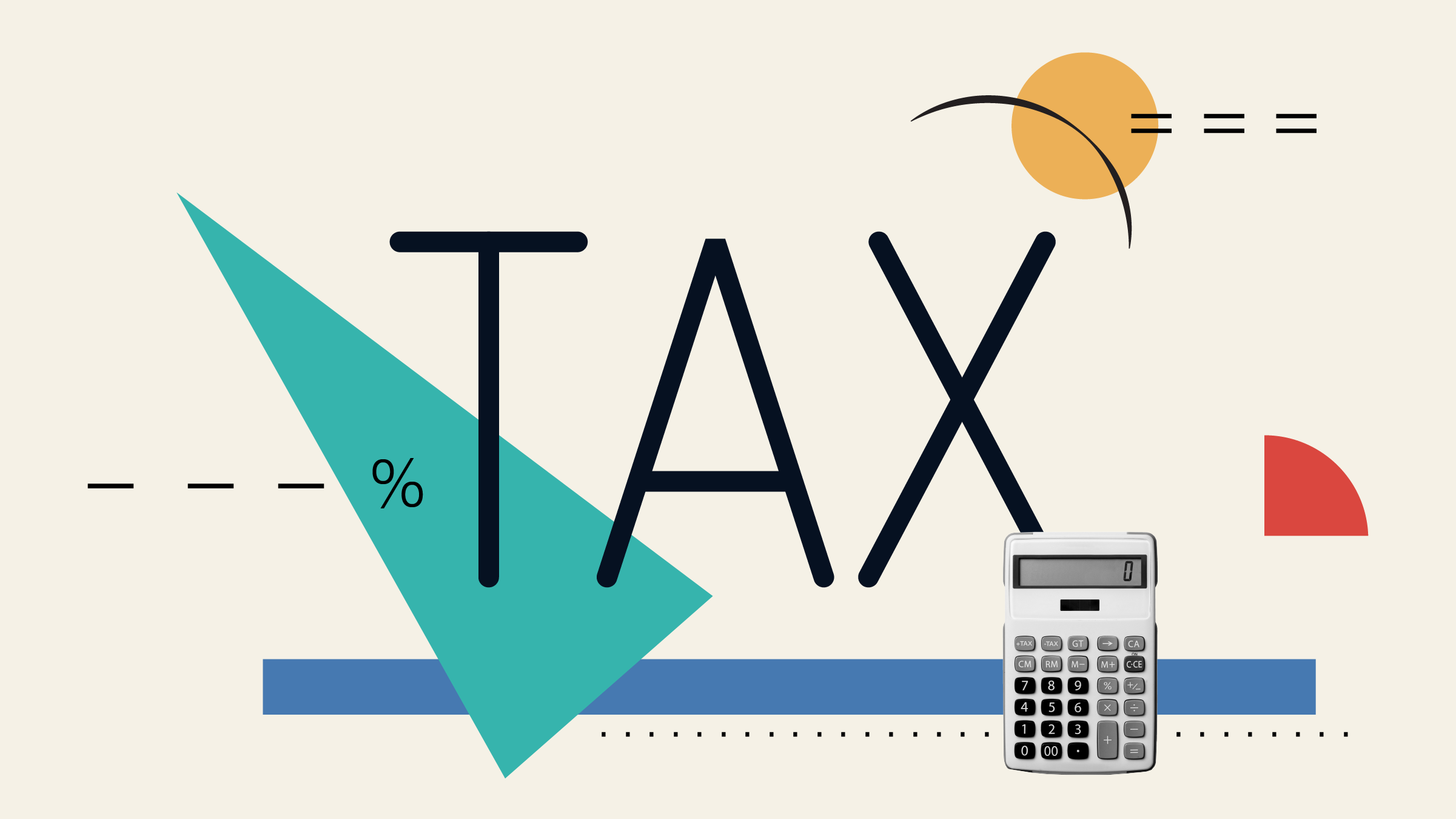
When the gilt yield turns negative for the first time and no one seems much bothered by it, you know things ain’t great.
This week the UK Government was selling three-year bonds with an interest rate of -0.003% and the bamboozling bit is that the auction was oversubscribed. That means investors were clamouring to lock in a certain loss. That’s pretty mind-blowing when you think about it.
But these are not ordinary times and, as our analyst Louise Babin expertly explains, this may not be something to be overly concerned about. We have, after all, already seen this play out in continental Europe over the past few years. Far from being a red flag, negative government bond yields have almost become a mark of safety and financial stability. It means investors are so certain a country won’t default on its debt, that they’re willing to effectively pay it to hold their cash. That must mean the outlook for other assets is pretty bleak.
If investors are willing to lend to the UK at negative rates it does at least mean the borrowing costs on the avalanche of debt the Government has just issued is as low as possible. But it’s another blow to income investors who currently find themselves in rather dire straits, especially if it’s a precursor to the Bank of England moving interest rates even lower than their current meagre level of 0.1%.
Property Market in the Deep Freeze
Speaking of income investing, M&G has confirmed its property fund, which suspended trading in December, will remain gated for now.
That’s no real surprise; now isn’t exactly the best time to offloading whopping great buildings – estate agents aren’t even open and surveyors can’t get on site. M&G has almost £200 million worth of its properties under offer, but in the current environment there are no guarantees these transactions will happen.
More worryingly perhaps, M&G warns it collected less rent in March and that the income paid out by the fund could fall as a result. Income is the very reason investors often choose a property fund. These vehicles own office blocks or retail units and pay an income to investors from the rents collected from the tenants who occupy these spaces. But if shops and offices are closed and businesses are failing, the likelihood is that many will simply not be able to pay.
That property funds remain suspend could be a blessing in disguise for investors. Investment trusts, which cannot gate, have seen their share prices plunge as people rush to offload their shares. The losses on funds, by comparison, have been fairly limited – at least for now.
Getting Out of the House
It’s always easier to think of investments in big groups of similar things. Anything consumers buy goes under the big masthead of retail, anything that comes out of the ground is lumped in with commodities, and if you’re vaguely to-do with computers or phones you’re tech. These broad sectors are useful ways to assess parts of the economy, but the Covid-19 crisis shows how oversimplified this strategy can be.
Take retail, for example: with the entire economy in lockdown, it would be easy to write off the whole sector. But supermarket sales are soaring, induced first by the panic-buying of toilet rolls and pasta, and latterly by the fact they’re the only place still open to get anything. E-commerce is another obvious exception; reliable businesses that can get items to our door at the touch of a button have never been so in demand.
And what of sportswear? Gyms are closed, group exercise is banned, there are no more early morning cohorts diligently performing sleepy press-ups in a park at 6am while some ex-army major shouts at them (I’m talking about bootcamp classes, by the way).
But with exercise the only way to get out of the house for millions of people right now, suddenly a daily jog or bike ride has become a necessity. Joe Wicks has become a regular feature in thousands of households up and down the country, and the use of Youtube workout videos has soared.
With the shops closed, my purchases in recent weeks have been few, but even I have put an online order in for some new workout gear – and I’m sure I’m not alone. Sports brands could be one area of the retail world that could run rings around the rest of the high street.




























